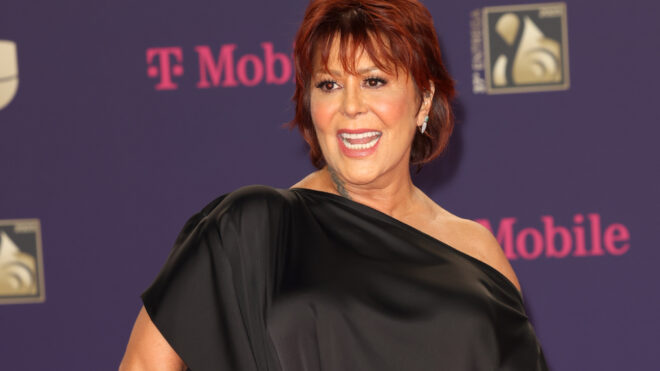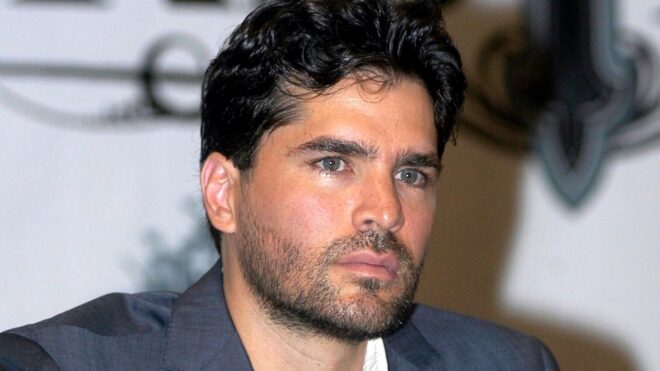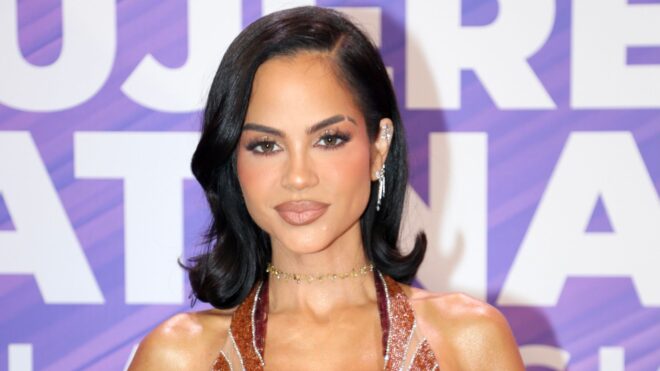When the last guy I dated told me he didn't like curly hair, I was shocked. "But I like your kind of curly hair," he said. "It's the kind that flows down. I don't like fro curls." It didn't matter. That was like saying I like your "kind of Latina." It's a messed up thing to say, regardless of how you put it. This was proof that, sadly, curl shaming still exists-–even in 2016.
Readmore ¿Qué más?: The 10 most affordable products for curly hair
Embedded content: https://www.youtube.com/watch?v=Mjo5IPfR9-c
"Curl shaming is when a person criticizes or puts down someone for their natural hair texture, possibly causing them to feel insecure about their hair," says Christina Vega, one of the bloggers who recently participated in DevaCurl's Curl Shaming episode. "An example of curl shaming is a curly girl or guy being told at work that they would look more polished if they collected or straightened their hair."
Vega broke down all the dangers behind curl shaming and what we can do as individuals to stop the hate against curly hair once and for all.
It's still too common: "Even though more and more women are embracing their natural hair, curl shaming is still very common," says Vega. "It's a form of bullying that happens often. It's also prevalent in the media. I've come across plenty of makeovers on television where guests received an entirely different look with new clothes, new makeup and straight hair as if something was wrong with having curly hair."
It impacts curly girls psychologically: You may not realize it, but every time someone tells you something negative about your hair, it has psychological consequences. "Curl shaming can psychologically affect the way a person thinks about their image," says Vega.
It affects self-esteem: "Curl shaming can also ruin a person's self-esteem. I come across so many young girls who think only straight hair is beautiful because the majority of their friends have straight hair," says Vega. "With name calling and bullying, (especially at a young age) one can't help but feel insecure and think that they are not beautiful because they're different."
It's even more harmful if you're a woman of color: "This is particularly dangerous when done to a woman of color because what seems like curl shaming can easily be crossed over to a racist comment," says Vega. "Many associate texture with ethnicity, and thus curl shaming can be interpreted as something against women of color."
Curl shaming needs to stop with you: "Together we can stop curl shaming by bringing awareness that curl shaming is a thing and it MUST be stopped," says Vega. "Let's all continue to embrace our natural hair and encourage other women, men and children to be proud of their curls. The more people realize that curly hair is beautiful, the more people will back off and accept it. Natural hair of all textures are here to stay. We are not going anywhere."
Image via YouTube




